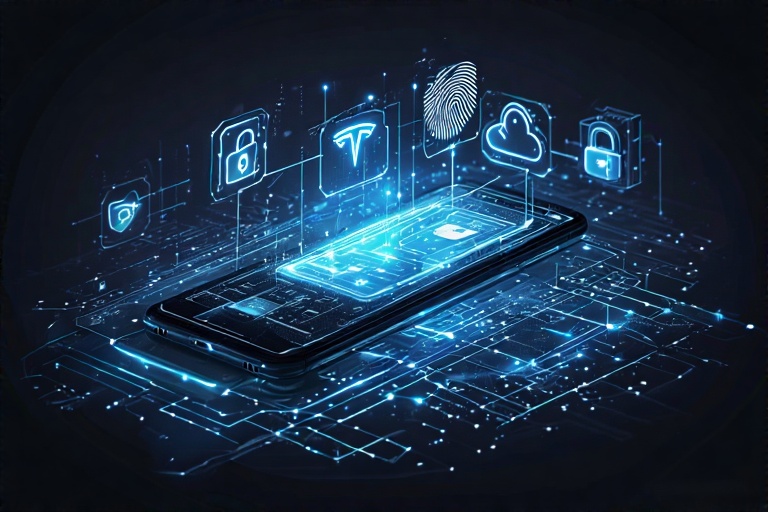The Tesla Pi Phone, a highly anticipated device from the tech innovator Elon Musk’s company, has raised many questions—not just about its features, but also about its data privacy practices. In an era where smartphones collect tons of personal information, users are rightly concerned: What exactly happens to your data on the Tesla Pi Phone?
Let’s break down how Tesla might handle privacy on the Pi Phone based on their approach to data in other products, and what that could mean for users.
1. Privacy First: Is That Really Tesla’s Motto?
Tesla has always marketed its products as smart, futuristic, and tech-forward. But when it comes to data privacy, Tesla has received mixed feedback in the past—especially with their cars. Their vehicles collect real-time data including driving patterns, locations, and video footage for features like Autopilot and Full Self-Driving (FSD).
So, with the Pi Phone being even more connected to your digital life, many wonder: Will Tesla follow the same path or change course?
2. What Data Might the Pi Phone Collect?
If the Pi Phone follows modern smartphone standards, here are the types of data it might gather:
- Location and GPS history
- Voice recordings (for AI or voice assistant features)
- Browsing and app usage data
- Biometric data like face ID or fingerprint scans
- Sensor data like movement, orientation, or environmental conditions
- Tesla account integrations for syncing with your vehicle or solar panels
This data helps improve the phone’s performance, security, and Tesla ecosystem—but it also raises flags.
3. AI Features and Your Personal Data
The Pi Phone is rumored to use advanced AI to improve user experience. From voice commands to automated scheduling and even smart energy usage via Tesla products, AI thrives on user data.
Tesla may claim that this data is used for improvement and personalization. The key question is whether this data is processed locally on the device (for more privacy), or sent to Tesla’s cloud servers (potentially more risky).
4. Will Tesla Sell or Share Your Data?
So far, Tesla has not built a business around advertising, unlike companies like Google and Facebook. This could be a good sign—fewer reasons to sell your personal data to third parties.
However, Tesla’s terms and conditions for their cars and software do allow data collection and sharing under certain conditions, especially for analytics or legal purposes. It’s possible the same approach will apply to the Pi Phone.
5. End-to-End Encryption & Data Security
One major privacy concern is data security. If the Pi Phone includes features like end-to-end encryption (E2EE) for messages, calls, and cloud storage, that would be a big win for privacy-conscious users.
We hope Tesla implements strong encryption, secure boot processes, and local data storage options to protect user data from hacking and unauthorized access.
6. Can You Control Your Data?
A privacy-forward phone should allow users to:
- Disable data sharing options
- Opt out of analytics or personalized ads
- Delete stored data from Tesla’s servers
- Use the phone with minimal account linking
If Tesla includes these options in the Pi Phone, it would show a strong commitment to user control and transparency.
Conclusion: Tesla’s Privacy Future Is Still Unclear
The Tesla Pi Phone might bring new innovations in speed, AI, and integration with other Tesla products. But data privacy remains one of the most important topics.
While Tesla’s history shows some privacy concerns with vehicle data, the Pi Phone offers them a chance to reset and build trust with users by putting data protection first.
Until Tesla officially releases full privacy terms for the Pi Phone, users should remain cautious and informed. A secure, AI-powered phone sounds great—but only if it truly respects your privacy.

